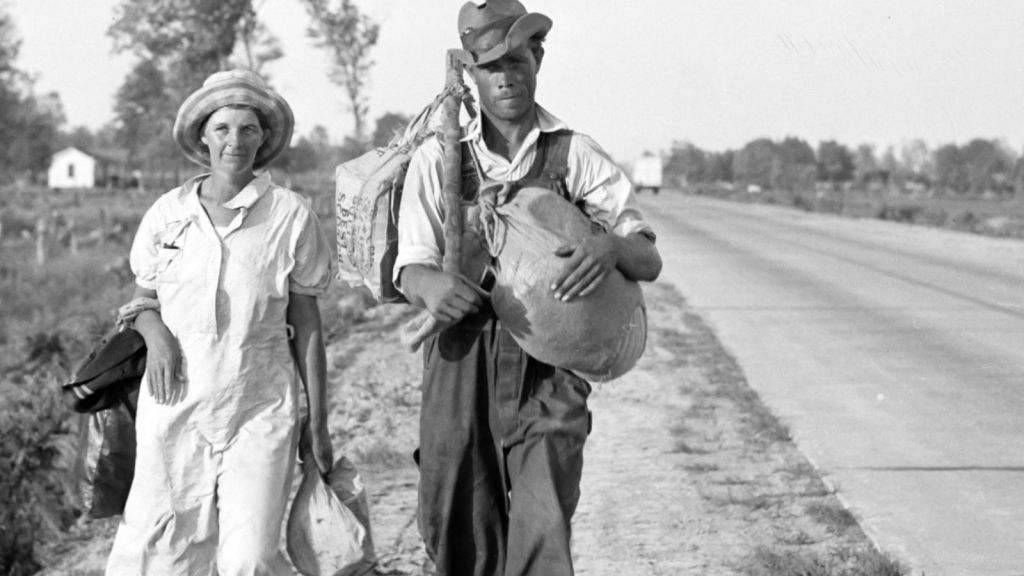“Unlocking the Secrets: How the Great Depression Rewrote Our Financial Mindset Forever”
Let’s take a closer look at how this seismic economic event reshaped the way people think about money. It could be the emphasis on stretching every dollar or a fear of risky investments, these 12 mindsets reveal how the Great Depression permanently altered our relationship with wealth.
1. Frugality Became a Virtue


During the Great Depression, every dollar had to stretch as far as possible. People learned to fix instead of replace, reuse items, and make do with less.
This mindset persisted for decades, shaping the financial behavior of future generations. Even today, the idea of living below your means is celebrated as a cornerstone of financial success.
2. Savings Took Center Stage


The economic instability of the 1930s taught people the importance of having a financial safety net. Many Depression-era families hoarded cash, wary of banks failing again.
While younger generations may not stash bills under their mattresses, the value of an emergency fund remains a key financial principle.
3. Distrust of Banks


When banks failed during the Great Depression, millions of people lost their life savings. This traumatic experience led to widespread distrust in financial institutions.
This skepticism lingered, influencing everything from bank regulations to how people manage their money. For some, the fear of losing it all has never fully faded.












